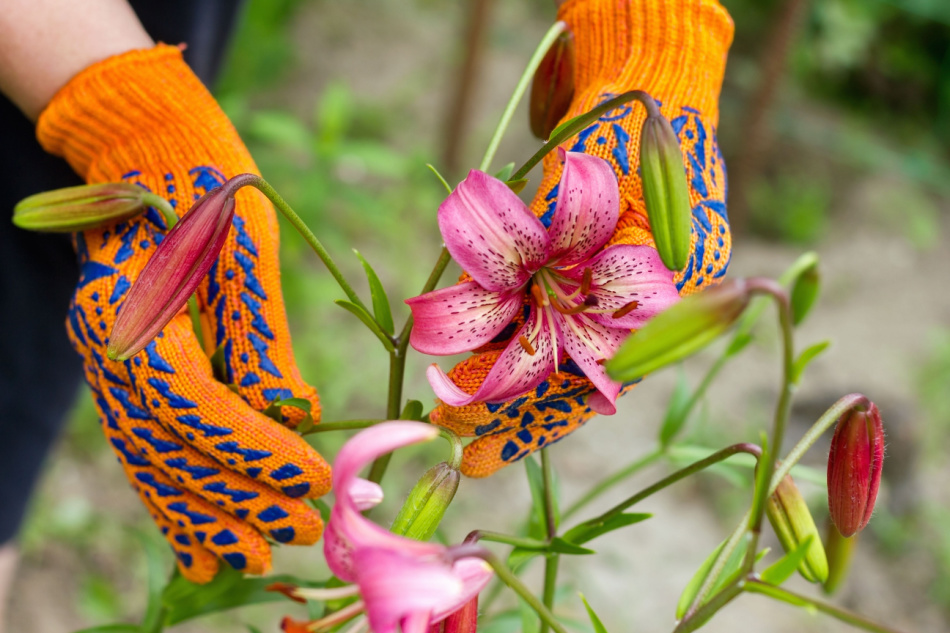Organisms all over the animal kingdom can do extraordinary things. Each utilizes a particular sense or skill to be perfectly adapted to their environment. Many of them have a keen sense of smell which can lead them to food, detect other animals, and steer them away from potential danger, with elephants, sharks, kiwis, and bears coming out on top for the best nasal capabilities.
Humans also have this innate ability to react to danger using their olfactory system (aka the nose), with the organ being able to differentiate between millions of smells. The most unpleasant smells we perceive are mainly involved in distinguishing harmful substances for our health such as rotten food, feces, and poisonous plants.
A Swedish research team at the Karolinska Institutet wanted to study exactly what is going on in the human nervous system when these unpleasant smells are perceived. Their target was the olfactory bulb, which processes smell and conveys signals to the part of the brain controlling avoidance behavior, also known as “fight or flight.”
The experiment was set up so participants were exposed to a number of positively- or negatively-associated smells, measuring the electrophysiological activity of the olfactory system. By monitoring its activity using a non-invasive novel technique, scientists were able to record the speed at which this part of the brain reacts and gain more information about the nervous pathways triggered.
“It was clear that the bulb reacts specifically and rapidly to negative smells and sends a direct signal to the motor cortex within about 300 ms,” said Johan Lundström, an author in the study. “The signal causes the person to unconsciously lean back and away from the source of the smell.”
This study showed that a human’s sense of smell is utilized to detect danger, much like in other animals. However, this sense plays a more unconscious and rapid way than was previously thought. In fact, according to the study, smell is humans’ very first indicator of potential danger. Vision and hearing also help us stray away from the threat, though these are thought to be more conscious with a slower response time.











